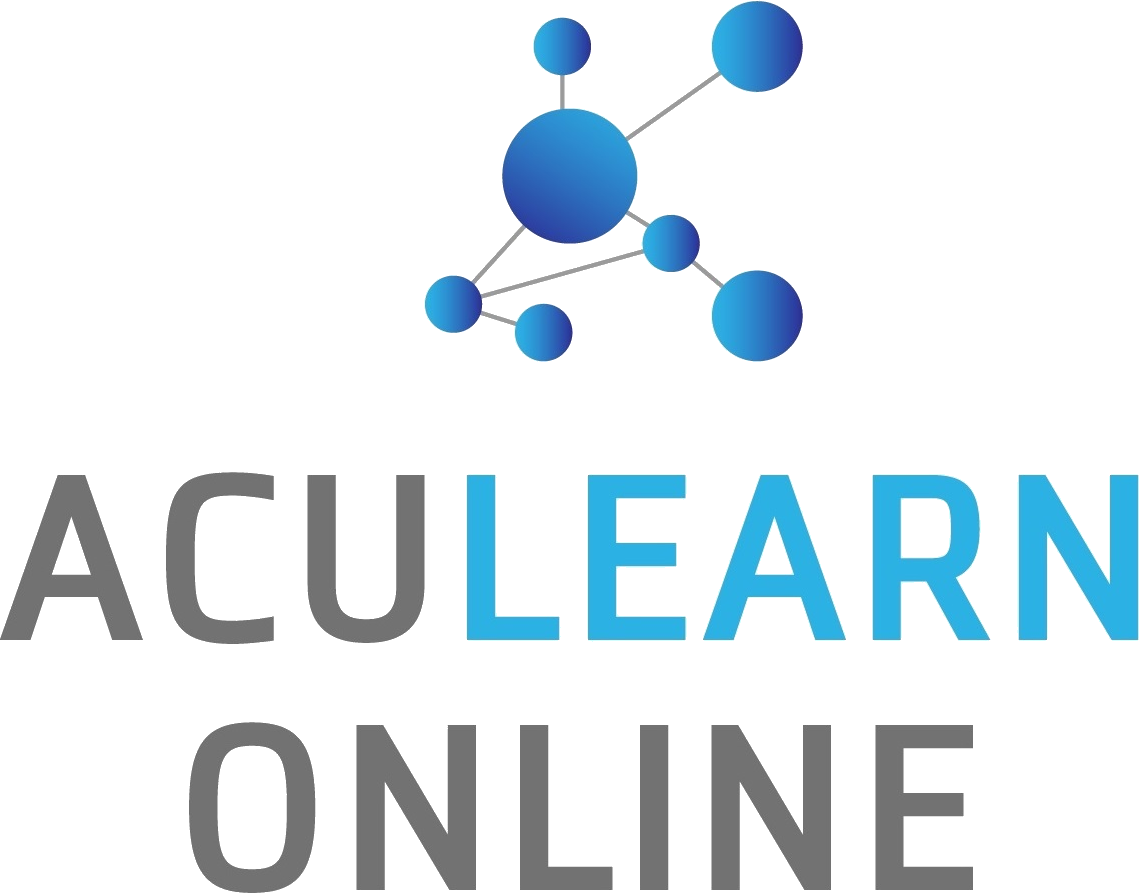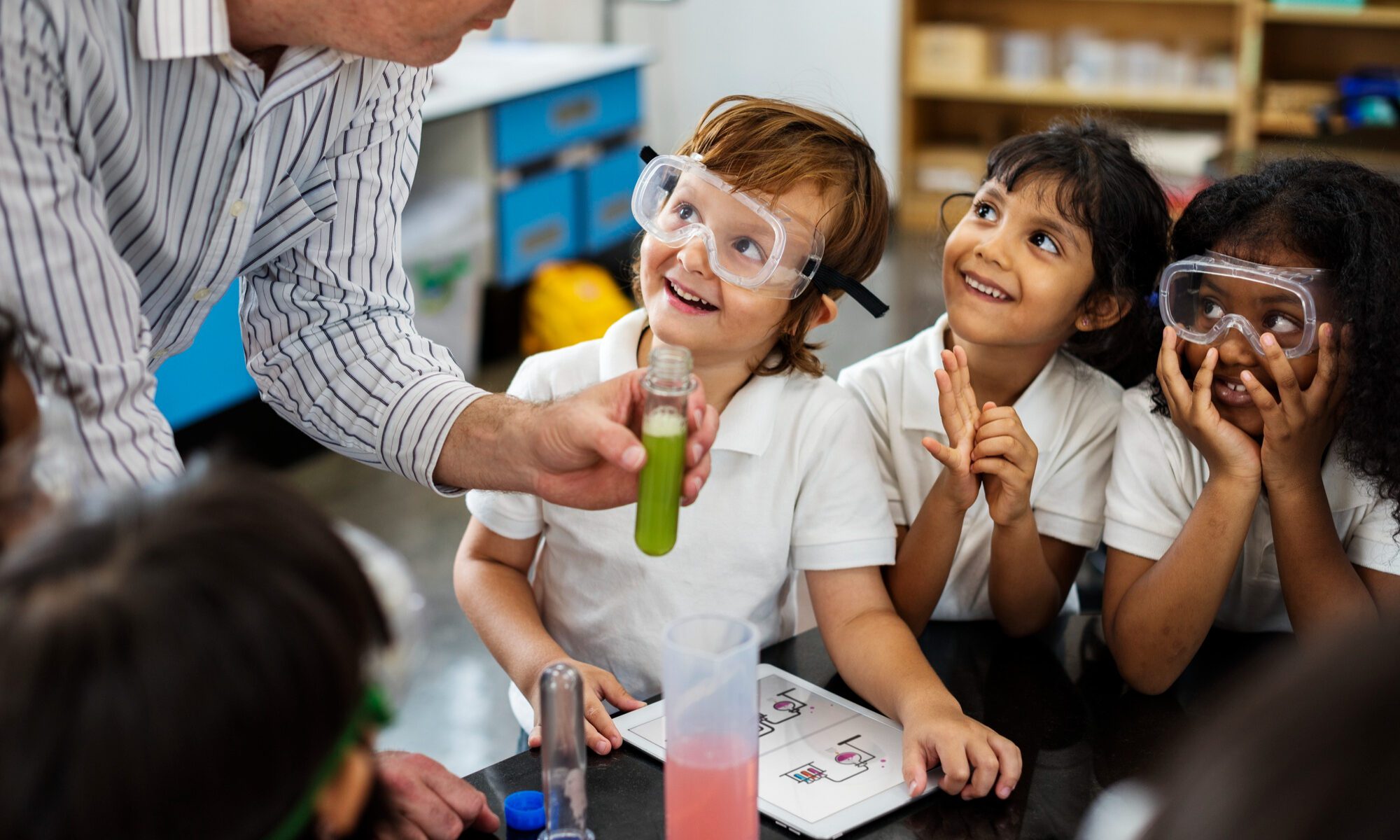The Building blocks of mathematics is all about learning the basic skills. The important role is basic math skills in which students can apply and remember for future to implement several strategies. It combines important information on the brain and learning with potential on the best ways to approach and learn effectively.
WHAT TO FOCUS ON IN PRIMARY MATHS AND PSLE MATHS?
Let’s study the pie chart given above:
Fractions
Additionally it is multi-topical and crucial to understand a way to resolve them to reap desired effects whilst implemented in real-lifestyles circumstances.
Calculation
The mastery of the four operations, particularly addition, subtraction, multiplication, and department; spread throughout diverse content regions which includes fractions (blended numbers, right and wrong fractions)
Angles
It uses the residences of angles to locate unknown angles with a clear explanation of acquiring the answers.
Area and Perimeter
Finding those for composite figures made of squares, rectangles, triangles, semicircles, and zone-circles too
Decimals
It’s far giant to have a stable basis for place price concepts!
Distance, Time, Speed & Rate
Which includes multi-steps word troubles throughout various real-existence application situations
- Carelessness of students (not reading and understanding the problem sum)
It’s miles the failure to offer sufficient interest to keep away from mistakes. It also means inattention, heedlessness, thoughtlessness, negligence, and imprudence. Irrespective of how eloquent and fluent your baby can be in his PSLE maths talents, all college students tend to be careless and much less attentive once they do now not become conscious to test through their steps, in particular in PSLE maths checks. Our PSLE and number one maths teacher stipulates that wordy, more tough hassle sums might not be that difficult at the outset, however they could show intricate, in particular worded and study.
The careless scholar will now not pay as much heed as a centered student. As a habit, carelessness and much less interest will motive the student to misinterpret or misread the question, making undesirable calculation mistakes. Likewise, students who do now not take some time to study and apprehend the hassle sums carefully fail to capture keywords and examine the questions effectively. Normally, those college students carry out fairly in maths. Nevertheless, they occasionally do no longer bother to discover the questions, particularly throughout their fundamental assessments, as they rush to finish their paintings impatiently.
- Weak in fractions, ratio, and percent
Generally, students who do no longer do properly in primary maths will affect their grades in the PSLE maths exam. Some of the student’s performance in solving fractions may be vulnerable due to their foundation. In addition, it’d at once have an effect on their expertise and overall performance within the subjects of ratio and percent. Some have weaknesses within the easy subtraction and multiplication or division of fractions and fail to lower the solutions to a minor time period.
- Time control
Frequently, by using PSLE, many students could have had a move-to technique of dealing with time pressures in the course of a PSLE maths final exam. However it can be because of nerves or different motives that scholars devoted to getting every question responded well. They may spend an excessive amount of time on a specific query and neglect the time wished for the relaxation. So when it comes to hurry time, the scholars might also find themselves running out of time to do the questions they could have without problems labored the solutions to.
Students should learn how to time-manipulate and strategize how plenty time they might permit on each query. Then they ought to have an iron will to transport on whilst time’s up, even supposing they’re now not executed with the query. Eventually, if college students can entire all or most questions and the paper with time to spare, they could go back to the questions had issues completing the first time round.
- Strain at some point of exams
Often, college students who do not have a good deal self belief in maths within the first region fall prey to the idea of heightened stress during the actual sitting of the exam. Parents might also have found out this, noticing that their kids perform well or as predicted throughout training or easy tests or tests concerned with teachers and tutors.
Conclusion: there seem to be conflicted colleges of idea regarding whether or not strain related to ‘examination conditions’ exists. Nevertheless, college students with this tendency find themselves unable to do nicely at some stage in an real exam, affecting their esteem and confidence even similarly. Consequently, the instruct suggests dad and mom look at ways to boost their infant’s shallowness via helping them to control their anxiety. Except doing meditation, exercising, tune, art, and other methods to avoid this, additionally they advised mother and father to tone their expectancies and help their youngsters manipulate them.
- Lack of “correct” exercise, exercise, practice.
Ultimate however now not least, the concept is that students lack exercise or, in standard, do now not do enough exercise questions. The opposite is nearly constantly genuine. The ones college students exercise a lot, from evaluation books to getting extra work thru remedial instructions to lessons and every now and then extra training.




